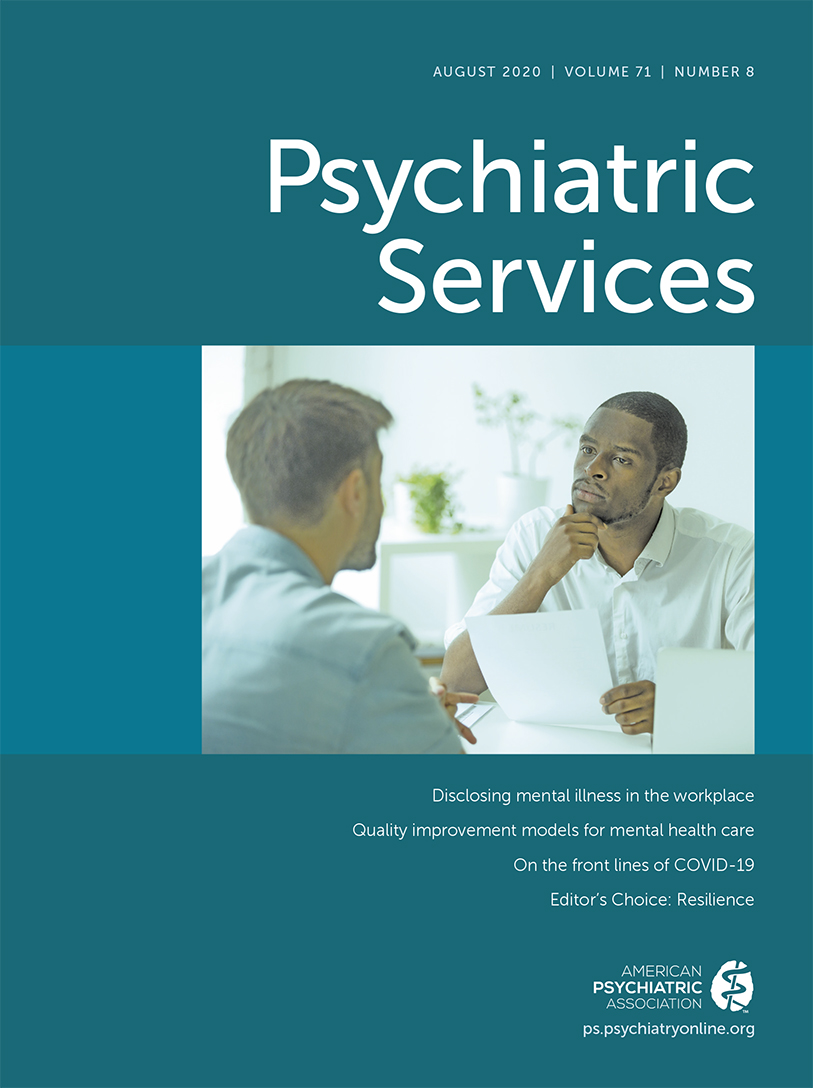Abstract
Objective:
Behavioral health homes, which provide onsite primary medical care in mental health clinics, face challenges in integrating information across multiple health records. This study tested whether a mobile personal health record application improved quality of medical care for individuals treated in these settings.
Methods:
This randomized study enrolled 311 participants with a serious mental illness and one or more cardiometabolic risk factors across two behavioral health homes to receive a mobile personal health record application (N=156) or usual care (N=155). A secure mobile personal health record (mPHR) app provided participants in the intervention group with key information about diagnoses, medications, and laboratory test values and allowed them to track health goals. The primary study outcome was a chart-derived composite measure of quality of cardiometabolic and preventive services.
Results:
At 12-month follow-up, participants in the mPHR group maintained high quality of care (70% of indicated services at baseline and at 12-month follow-up), in contrast to a decline in quality for the usual-care group (71% at baseline and 67% at follow-up), resulting in a statistically significant but clinically modest differential impact between the groups. No differences between the study groups were found in secondary self-reported outcomes, including delivery of chronic illness care, patient activation, and quality of life related to mental or general medical health.
Conclusions:
Use of a mPHR app was associated with a statistically significant but clinically modest differential benefit for quality of medical care among individuals with serious mental illness and comorbid cardiometabolic conditions.



